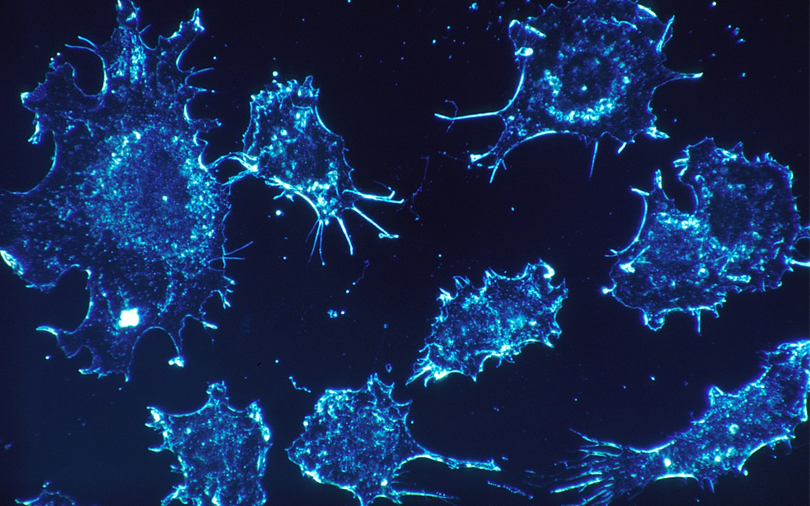
New York University’s AI tool can tell cancer type, spot mutated genes


A computer program developed by New York University (NYU) School of Medicine can analyse images of lung tumours, specify cancer types, and even identify altered genes driving abnormal cell growth, a statement said.
The machine learning program can distinguish, with 97% accuracy, between adenocarcinoma and squamous cell carcinoma—two lung cancer types that experienced pathologists at times struggle to analyse without confirmatory tests.
The statement said that the artificial intelligence tool was also able to determine whether abnormal versions of six genes linked to lung cancer—including EGFR, KRAS, and TP53—were present in cells, with an accuracy that ranged from 73-86%, depending on the gene.

According to the researchers, such genetic changes or mutations often cause the abnormal growth seen in cancer. Determining which genes are changed in each tumour has become important with the increased use of targeted therapies that work only against cancer cells with specific mutations.
In the current study, the research team has designed statistical techniques that gave their program the ability to learn how to get better at a task without being told exactly how.
The current team trained an artificial neural network, Google’s Inception v3, to analyse slide images obtained from The Cancer Genome Atlas, a database with images of cancer diagnoses that have already been determined.

“Delaying the start of cancer treatment is never good. Our study provides strong evidence that an artificial-intelligence approach will be able to instantly determine cancer subtype and mutational profile to get patients started on targeted therapies sooner,” said senior study author Aristotelis Tsirigos, associate professor in the department of pathology at NYU Langone’s Perlmutter Cancer Center.
Going ahead, the team is planning to continue training its program with data until it can determine which genes are mutated in a given cancer with more than 90% accuracy.
